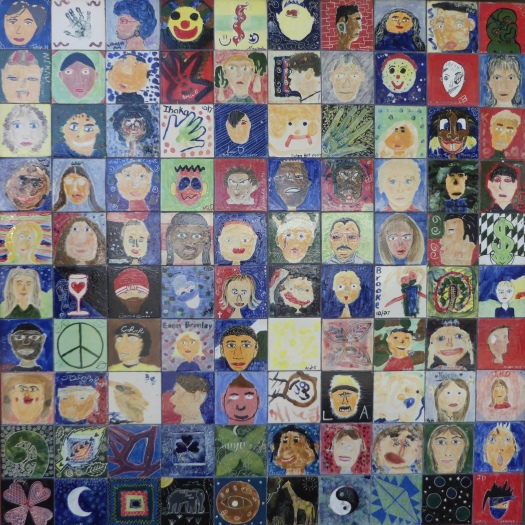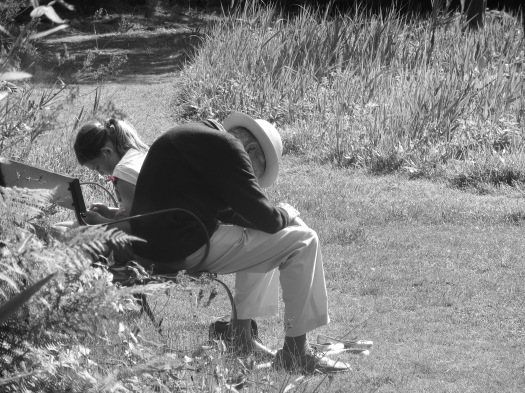
Have you ever experienced a visceral reaction to a place, a person, an object? If so, have you considered why? On enquiry you may discover the past has become the present.
“The past is not dead. It’s not even past.” –William Faulkner
A poignant thing about humans is that we seem hardwired to replay the past, especially when our past includes emotional pain or disappointment.
Today I visited a place I have never been to before. I experienced such a violent reaction to this place, in order to safeguard my own wellbeing, I needed to remove myself immediately. This place was a busy small town, not particularly significant, very much like any other town / suburb close to a major city.
You may be wondering why I experienced a visceral reaction. Was it the people? The weather? The environment? The traffic? The noise? The smell? The pollution? Was it fear?
No, none of these things.
It was the past.
For the short time I was there, this place became for me a psychological representation of my childhood town and home. My felt experience whilst in this place, came wholly from my past.
The past was the present.
***
Consider the complexities of developing characters who experience deep visceral reactions. How deep can you go with your writing? You might discover something about your characters that surprises you. You might even discover something about yourself that surprises you more.
LIHazleton.
Follow me on Twitter where I connect with other writers and all things writing. Follow me on Instagram if you love animals.



